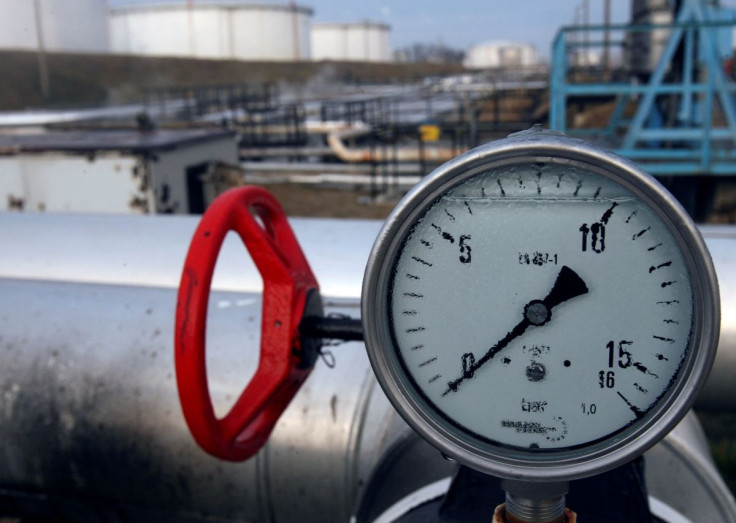Oil Slides As Shanghai Lockdowns Stoke Demand Fears

Oil slumped almost 6% to its lowest in almost two weeks on Monday, extending last week's decline as concern grew that prolonged COVID-19 lockdowns in Shanghai and potential increases in U.S. interest rates would hurt global growth and energy demand.
In Shanghai, authorities have erected fences outside residential buildings, sparking fresh public outcry. In Beijing, many people have begun stockpiling food, fearing a similar lockdown after the emergence of a few cases of COVID-19.
"It seems that China is the elephant in the room," said Jeffrey Halley, analyst at brokerage OANDA. "The tightening COVID-zero restrictions in Shanghai, and fears Omicron has spread in Beijing, torpedoed sentiment today."
Brent crude was down $6.29, or 5.9%, at $100.36 a barrel by 1335 GMT and touched $100.10 earlier in the session, its lowest since April 12. U.S. West Texas Intermediate (WTI) crude fell $5.75, or 5.6%, to $96.32.
"Shanghai shows no signs of letting up its strict zero-COVID policy; instead vowing to step up the enforcement of COVID restrictions, which could hurt oil demand further," said City Index analyst Fiona Cincotta.
Oil also weakened on the prospect of higher U.S. interest rates, which are boosting the U.S. dollar. A strong dollar makes dollar-priced commodities more expensive for other currency holders and tends to reflect increased risk aversion among investors. [USD/]
Both oil benchmarks lost nearly 5% last week on demand concerns and Brent has retreated sharply after hitting $139 a barrel last month, its highest level since 2008.
Oil gained support from tight supply. Russia's invasion of Ukraine has already reduced supply because of Western sanctions and customers avoiding buying Russian oil, but the market could tighten further with a potential EU ban on Russian crude.
The Times reported on Monday that the bloc was preparing "smart sanctions" against Russian oil imports, citing the European Commission's executive vice president, Valdis Dombrovskis.
Outages in Libya are also lending support. The OPEC member is losing more than 550,000 barrels per day in production because of unrest, with the Zawiya oil refinery suffering damage after armed clashes.
© Copyright Thomson Reuters 2024. All rights reserved.



















